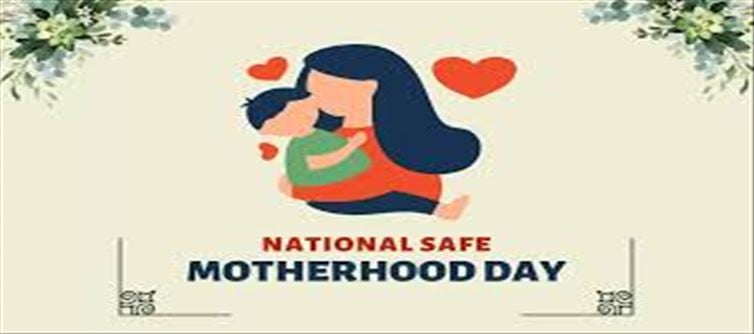
History of National Safe Motherhood Day!!!
With a rich history, National Safe Motherhood Day has demonstrated a commitment to enhancing the lives of expectant mothers and their babies. Growing worries about the high rates of maternal death in india gave rise to the idea of a day set aside for maternal health in the 1980s.
To promote better maternal healthcare and create awareness, the White Ribbon Alliance india (WRAI), a network of non-governmental organizations, aggressively advocated for a national day in 1991. At last, in 2003, the indian government proclaimed april 11th as National Safe Motherhood Day. This day was chosen since it was Kasturba Gandhi's birthday, and gandhi was a strong advocate for women's emancipation.
National Safe Motherhood Day is significant because it can: Raise Awareness: The day raises awareness of the difficulties women experience, including pregnancy issues, the risks associated with childbirth, and limited access to high-quality healthcare.
Promote Better Maternal Healthcare Services: This initiative calls on governments, medical professionals, and local communities to increase prenatal care, skilled birth attendant access, and postpartum support availability.
Encourage Healthy Pregnancy Practices: The day focuses on how important it is for expectant mothers to have access to vital information, maintain a healthy diet, and have frequent checkups.
Celebrate Motherhood: This gives us a chance to recognize and give thanks to moms for everything that they have done for society.
Over time, National Safe Motherhood Day has changed, moving from campaigning to awareness campaigns and focusing on particular issues such institutional delivery, postpartum care access, and anemia in pregnant women. government policies and initiatives have been impacted by the day, resulting in greater financing for maternity healthcare, an extension of maternity leave, and an encouragement of institutional births.




 click and follow Indiaherald WhatsApp channel
click and follow Indiaherald WhatsApp channel